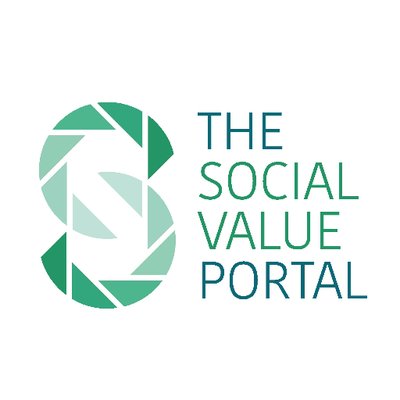Report on the Social Value Gathering 2018,
Our Dynamic Earth, Edinburgh, 21 September 2018
The ‘Gathering’ was designed as a forum to bring together leading thinkers and practitioners in the area of ‘Social Value’ from the fields of private enterprise, charities, public sector and academia.
Traditional methods for measuring and reporting activities such as shareholder returns and GDP are inadequate because they fail to measure how programmes, organisations and interventions contribute to society. The Social Value Portal, who arranged the event, advocates a data-driven approach to building an understanding of wider social and environmental impacts of business activity and public sector action within a common framework applied across an expanding network of organisations.
From 1D to many D
The concept of Social Value is familiar but difficult to define. It is sometimes thought of as corporate social responsibility, or contributing to good causes, or simply just the desire to do the right thing. Some delegates made the point that much of the ‘good work’ done by business is quite one dimensional – for example charity fundraising – very valuable in itself, but not really synergetic. True social value gains are found where enterprise, the public sector and communities intersect and align towards a common purpose in multi-facetted, multi direction ways.
Sound Bites
An impressive range of speakers presented details of various initiatives and policies including details of Scottish Government programmes to bring vacant and derelict land back into productive use, approaches used by Balfour Beatty and Scape Procure to broaden social benefits in the construction sector, the Adopt an Intern scheme which seeks to address under-employment of graduates, and the Social Bite experience of helping address homelessness in a commercial context.
Breaking out the lessons
Within various break-out sessions participants asked what the financial sector can learn from charities in reporting social impact of investments, and what urban parts of Scotland can learn from the remarkable number of major community enterprise initiatives in remote and rural parts of the country. Other sessions asked how public procurement can deliver inclusive growth and how social value can be built into urban investment plans.
Coffee and Chips
The event stressed the importance of networks, being essential to finding synergies between organisations, and for gathering data across a broad front. The points was illustrated using interactive coffee cups that every delegate received with their welcome pack. Electronic tags within the cups logged connections made by delegates, earning tokens that could then be used to ‘vote’ for favourite projects in a ‘Social Value Marketplace”.
Lessons
The main points I took from the day were:
- society’s needs once lent themselves to centralised solutions – for example large scale health interventions or larger central power plants. Society’s needs today are distributed – for example care for chronic conditions in the home, low carbon energy generation, storage and use. This will require a shift from a state that focusses on centralised delivery of services to a state that focusses on developing relationships that meet the needs of the individual within a local context. This shift will need new ways of measuring impact and effectiveness, including decoupling carbon from GDP.
- decades of dispiriting depopulation and economic decline are being reversed in many remote and rural communities. The best examples of community enterprise and realignment of local services to meet local needs are to be found among our islands, far coasts and rural hinterlands. There is much our towns and cities can learn from them.
- the choice of financial investment products available through pensions, ISAs and other tools bamboozles most private retail investors. There is no easy way for the layman (or even industry specialists) to gauge the impacts of investments on society or the environment. This is a huge missed opportunity to use customer choice of investments as a force for good. A common measurement and reporting framework would help in this regard, perhaps alongside appropriate regulation.
Martin Finnigan
www.caledonianeconomics.com
24 September 2018





